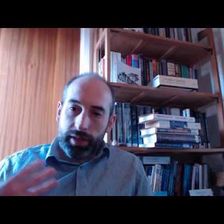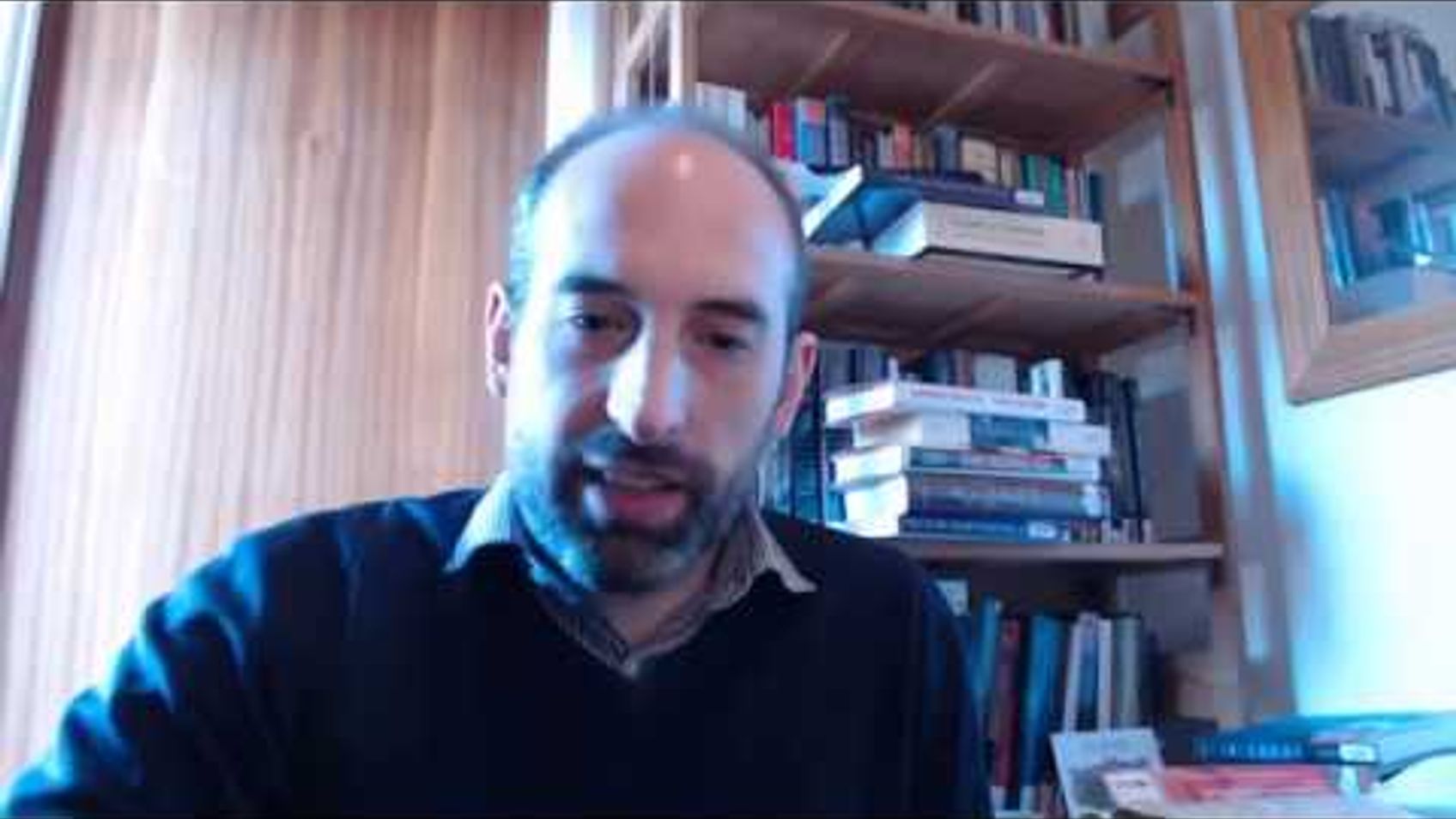Q&A#78 Echoes of Exodus in the Great Commission?

Today's question: "Do you see any parallels between the great commission and the exodus? I don’t want to get Echo-crazy. Just from a surface level, there some to be some connections: confrontation with “the name,” a sending out, baptism, and the nations called to the Lord. Am I crazy, or is there something going on here?"
Within this video, I reference the following books and articles:
Peter Leithart, 'Jesus as Israel: The Typological Structure of Matthew's Gospel' (https://d3r27erqw8vyds.cloudfront.net/uploads/edd/2015/09/jesus-as-israel-the-typological-structure-of-matthew-s-gospel.pdf ); Peter Leithart, 'The Gospel of Matthew Through New Eyes: Volume One—Jesus as Israel' (https://amzn.to/2NYEcSr); Andrew Wilson and Alastair Roberts, 'Echoes of Exodus' (https://amzn.to/2R8YoTz).
If you have any questions, you can leave them on my Curious Cat account: https://curiouscat.me/zugzwanged.
If you have enjoyed these talks, please tell your friends and consider supporting me on Patreon: https://www.patreon.com/zugzwanged.
The audio of all of my videos is available on my Soundcloud account: https://soundcloud.com/alastairadversaria. You can also listen to the audio of these episodes on iTunes: https://itunes.apple.com/gb/podcast/alastairs-adversaria/id1416351035?mt=2.
More From Alastair Roberts






More on OpenTheo















